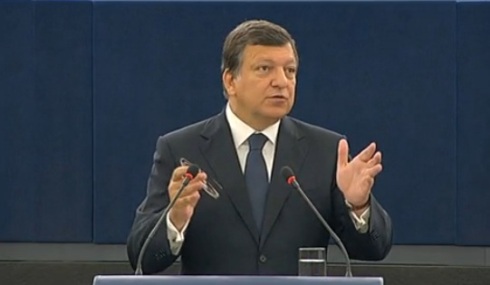
Sweet tooth
Here’s an interesting question. What is the involvement of one of the world’s biggest sweet and chocolate manufacturers in a bid to get the EU to do more to improve people’s teeth?
It all stems from a call yesterday by two Euro MPs who said they were concerned that Europe’s poorest citizens had the worst gnashers.
Less than half of Europeans have all their natural teeth, they said, and the MEPs want the EU to urge countries to do more to promote dental care.
They said people should be making use of “fluoride-containing toothpaste, flossing, chewing sugar-free gum and having regular dental check-ups.”
Interesting that sugar-free gum is mentioned in that list as the MEP’s call was signed by, among others, the Wrigley Oral Health Programme.
That’s Wrigley’s who sell millions of packets of chewing gum and sweets every year, including Skittles and Starburst and are now owned by chocolate manufacturer Mars.


